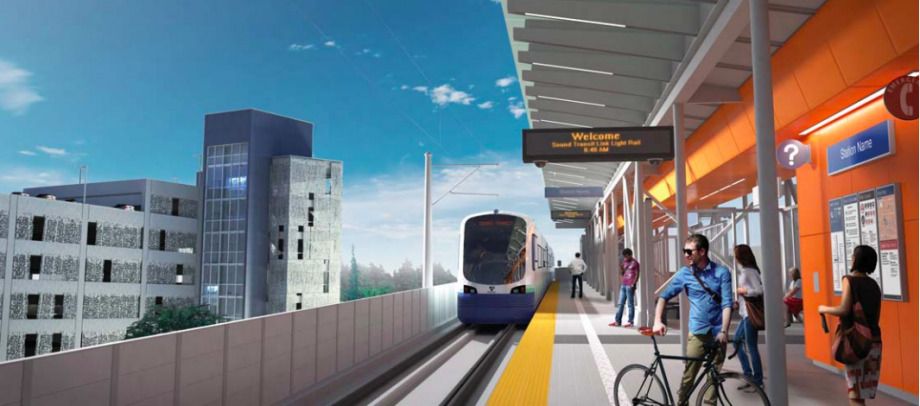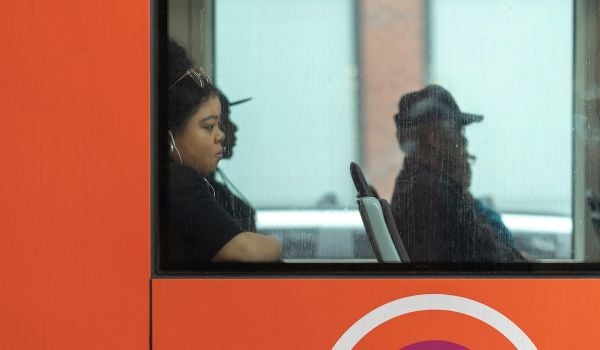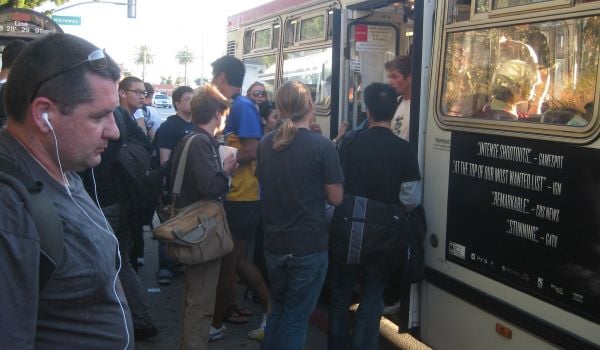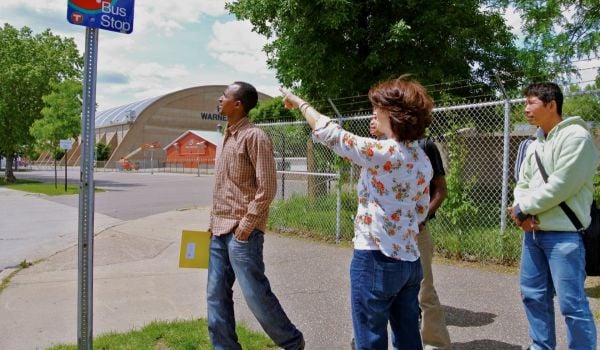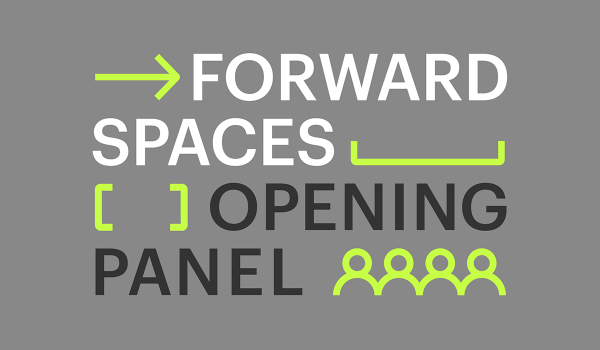There was plenty of good, bad, and weird news on the transportation beat in 2017.
Driverless cars began taking to the roadways in numbers. New Orleans launched a bike share system. An Amtrak train making its first run on a new line derailed near Olympia, Washington, killing three people. Elon Musk called public transit advocate Jarrett Walker an “idiot.”
But transit is all about moving forward. American cities are preparing to launch projects that could change the way people get around town and chip away at their dependence on private cars. Here are a few transportation projects to watch for in 2018.
Seattle light-rail expansions
Nearly a decade after voters approved the Sound Transit 2 ballot measure, pouring more than $17 billion into road and transit upgrades in the Puget Sound region of Washington over 15 years, Seattle is almost ready to begin construction on the Lynnwood Link Extension. The proposed 8.5-mile light rail line will connect Lynnwood, a small northern suburb, to downtown Seattle with an estimated 28-minute ride, according to Sound Transit. The project got formal approval from the Federal Transit Authority in 2015, and construction is scheduled to begin this year.
Sound Transit has applied for a $1.17 billion federal grant to cover part of the estimated $3 billion cost, but it’s not a sure thing. Last spring, President Donald Trump’s preliminary budget proposal threatened funding for the light rail expansions. Sound Transit is still proceeding with the project, but the federal grant is key. The project is already $500 million over budget.
A big year for bikeshare
This spring, Memphis is getting its own bikeshare system. The B-Cycle Dash system will launch with 600 bikes, tricked out with “a color touch-screen display with onboard GPS, automatic lights and four methods of payment,” according to the Memphis Daily News. Explore Bikeshare, the organization that’s planning the system, is expected to roll out an additional 300 bikes next year.
Bikeshare systems are getting more sophisticated all over. Three cities in California are launching the biggest electric-bike network in the country this May. (Electric bikes are semi-self-propelled, so you don’t have to pedal as much.) In Washington, D.C., Social Bicycles Inc. launched a network of dockless electric bikes, branded as JUMP, in September. Dockless bike share is a growing trend in the U.S. and around the world, as highlighted by Slate.
Denver hoping for a new commuter rail line
In 2004, voters in and around Denver approved a plan to put $4.7 billion into new transit infrastructure, including 120 miles of new light rail and regional commuter rail and 18 miles of bus rapid transit. The program, called FasTracks, has opened a series of new railway lines in the last few years. It has put Denver in contention, as CityLab put it, to be the “most advanced transit city in the west.”
This year, regional commuters are hoping to see the opening of the G Line, running from Union Station in Denver to the western suburb of Wheat Ridge. Residents were hoping the G Line would be running in 2016, but the opening was delayed because of a software problem that left gates down too long at at-grade crossings, according to The Denver Post. The Regional Transportation District still has not announced an official opening date for the 11-mile line, but testing in the first days of the new year has been giving residents hope.
New ferry routes in New York
Last spring, New York got a handful of new public ferry routes, allowing passengers to float on the East River between Manhattan, Brooklyn, and Queens, where previously ferry service was only privately run. The routes augment the longstanding Staten Island Ferry, and like the subway, cost $2.75 a ride. Currently, ferries run as far as the Rockaways and Astoria. This summer, the network will be complete when two new routes are launched, linking Long Island City in Queens and Clason Point in the Bronx to the Lower East Side of Manhattan.
Already, the new routes are having an impact on waterfront development in Brooklyn and Queens. And NYC Ferry is planning to put bigger boats into service this year.
Bus rapid transit in Indianapolis
This year, Indianapolis will begin construction on a 13-mile electric bus rapid transit line that will run through downtown, from Broad Ripple in the north to the University of Indianapolis in the south. The project is expected to cost $96 million. The state has used eminent domain powers to obtain some portions of privately owned land for construction, and has collected some detractors in the process. When service starts in 2019, buses will be scheduled to arrive at stops every ten minutes throughout most of the day, and will stop within a quarter-mile of 150,000 jobs, according to IndyGo, the Indianapolis Public Transportation Corporation.

Jared Brey is Next City's housing correspondent, based in Philadelphia. He is a former staff writer at Philadelphia magazine and PlanPhilly, and his work has appeared in Columbia Journalism Review, Landscape Architecture Magazine, U.S. News & World Report, Philadelphia Weekly, and other publications.
Follow Jared .(JavaScript must be enabled to view this email address)

